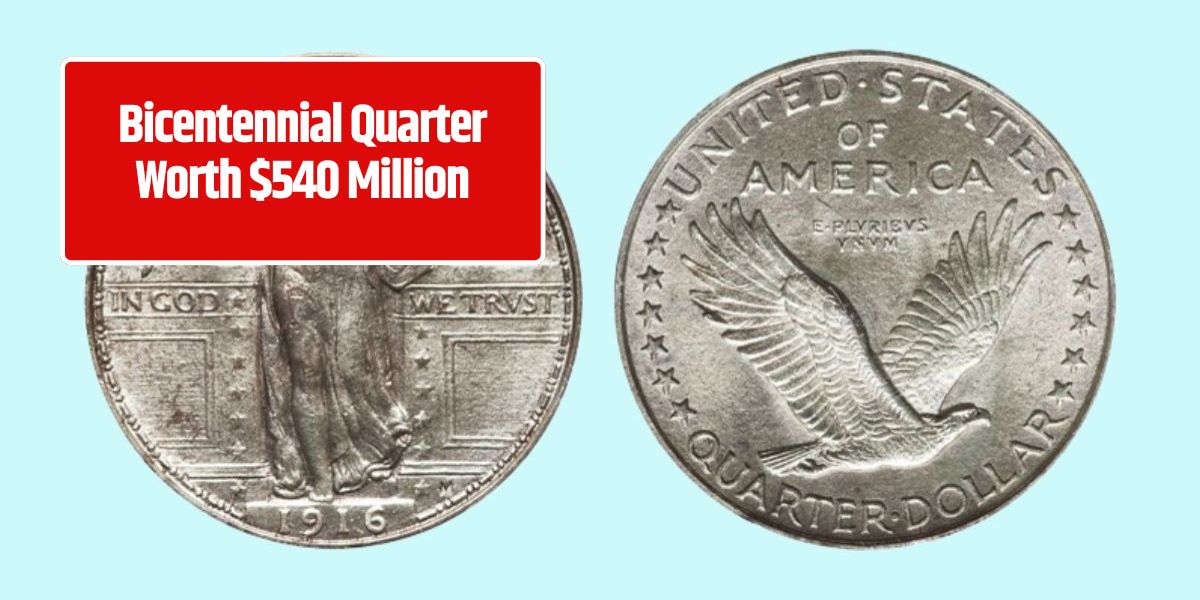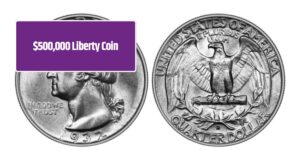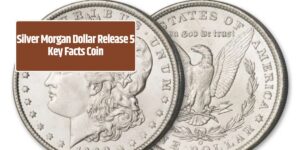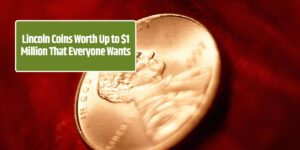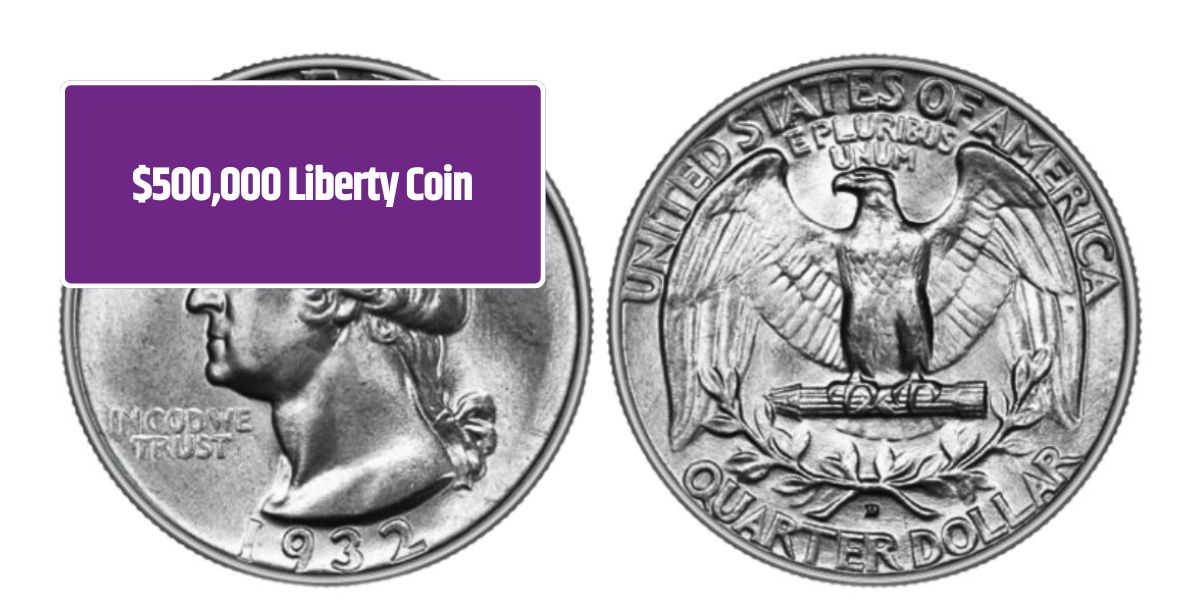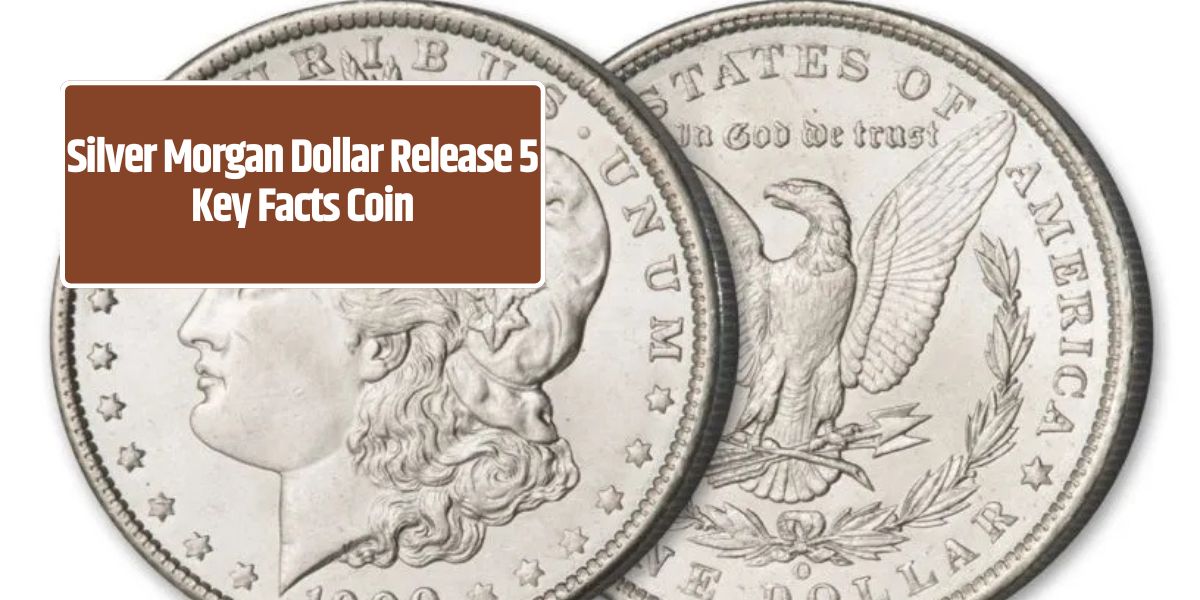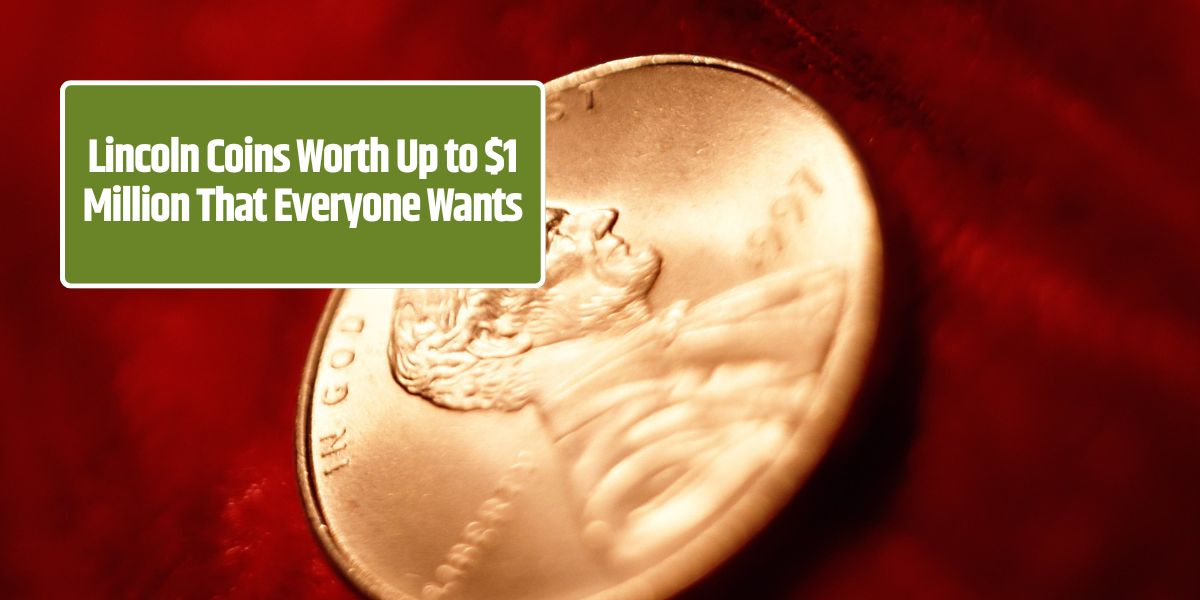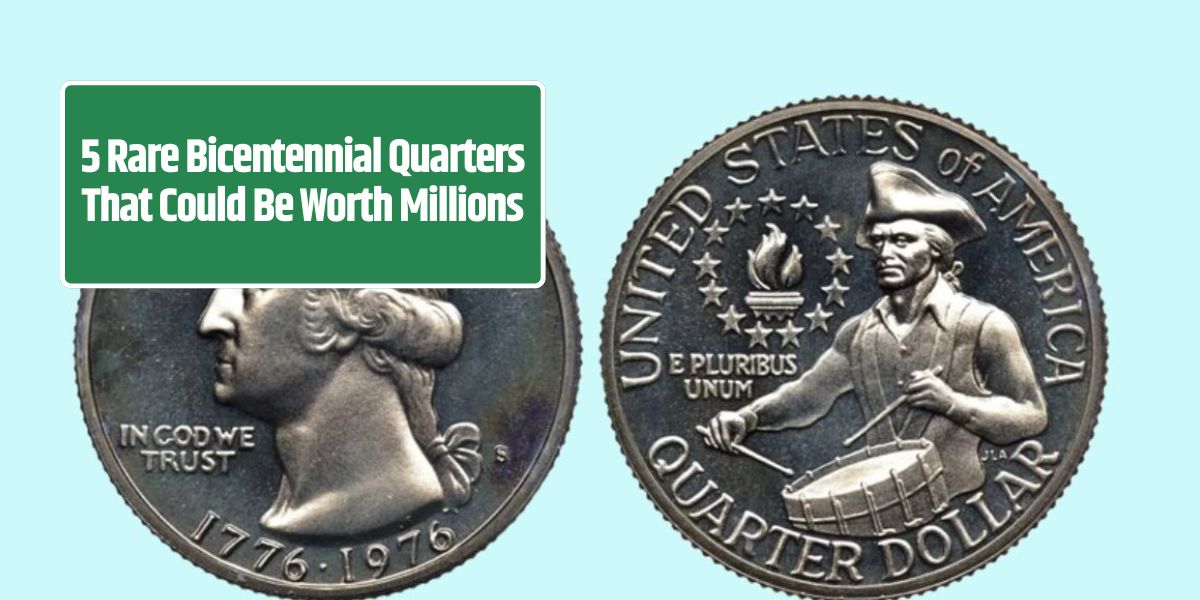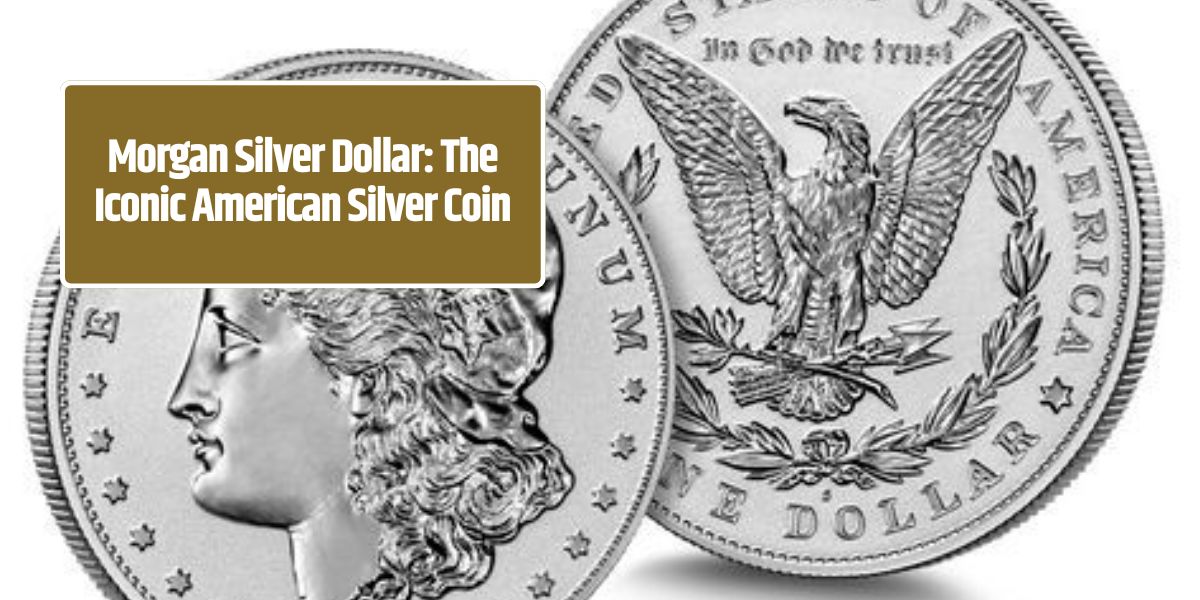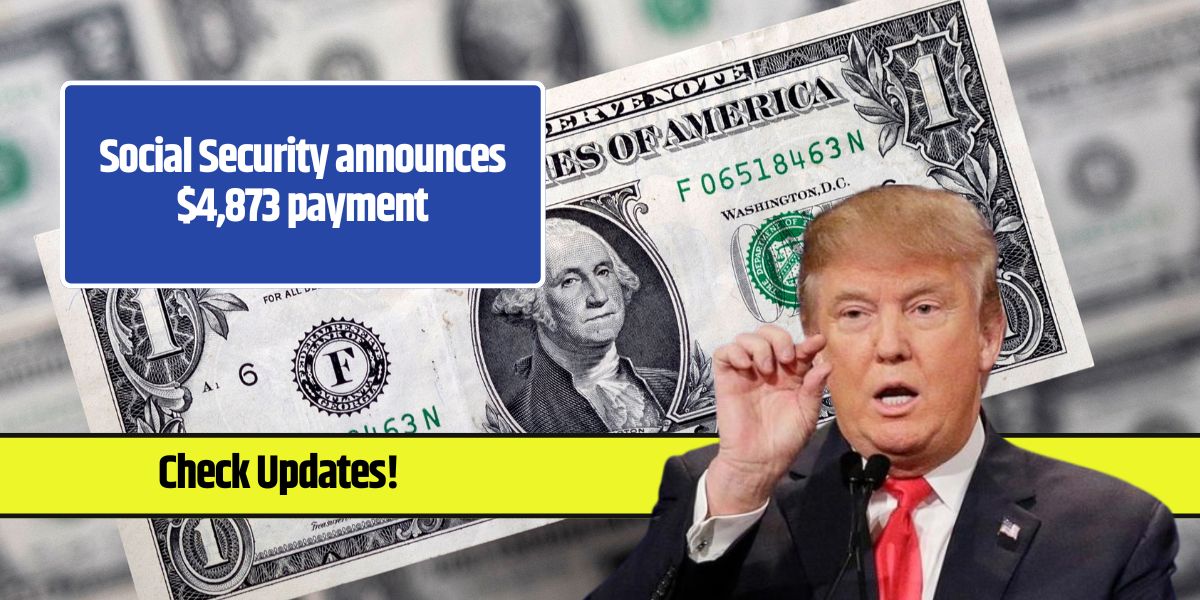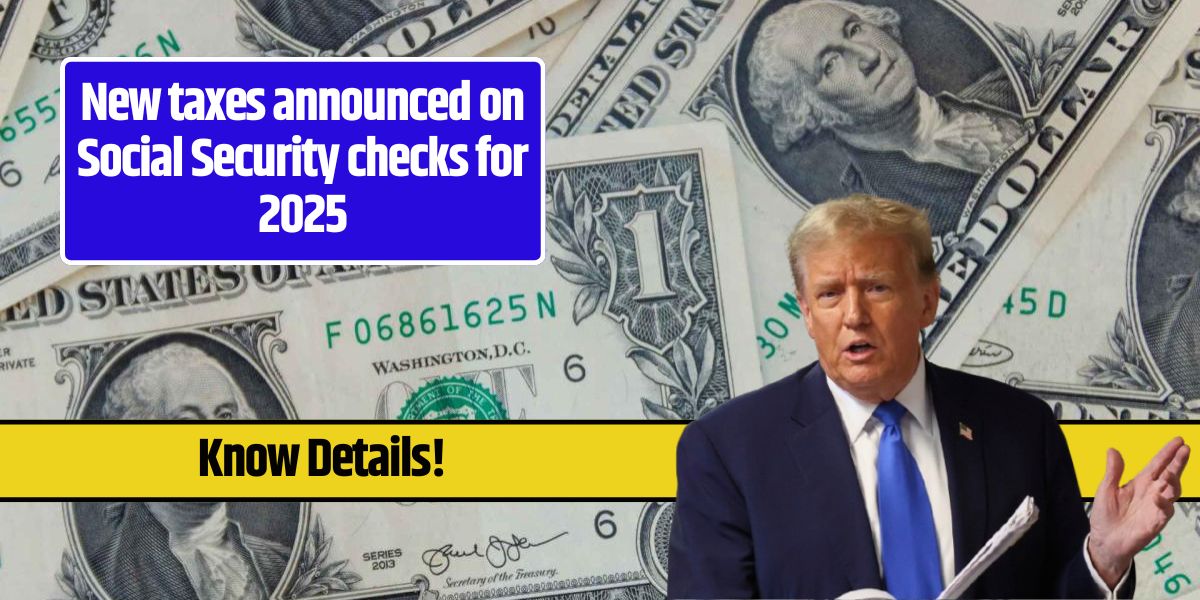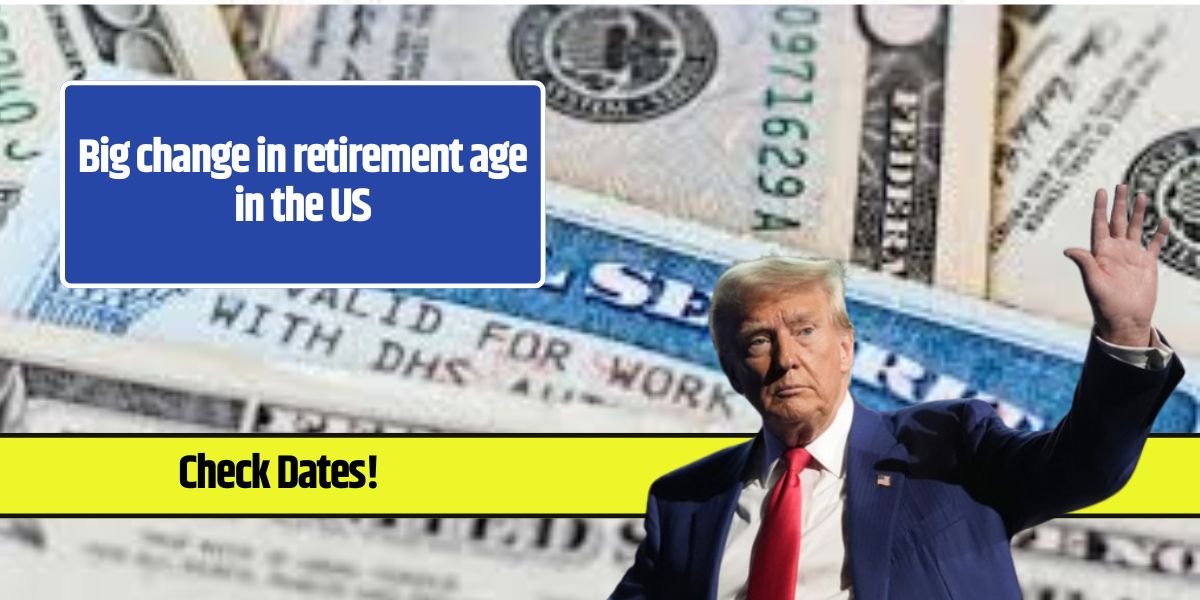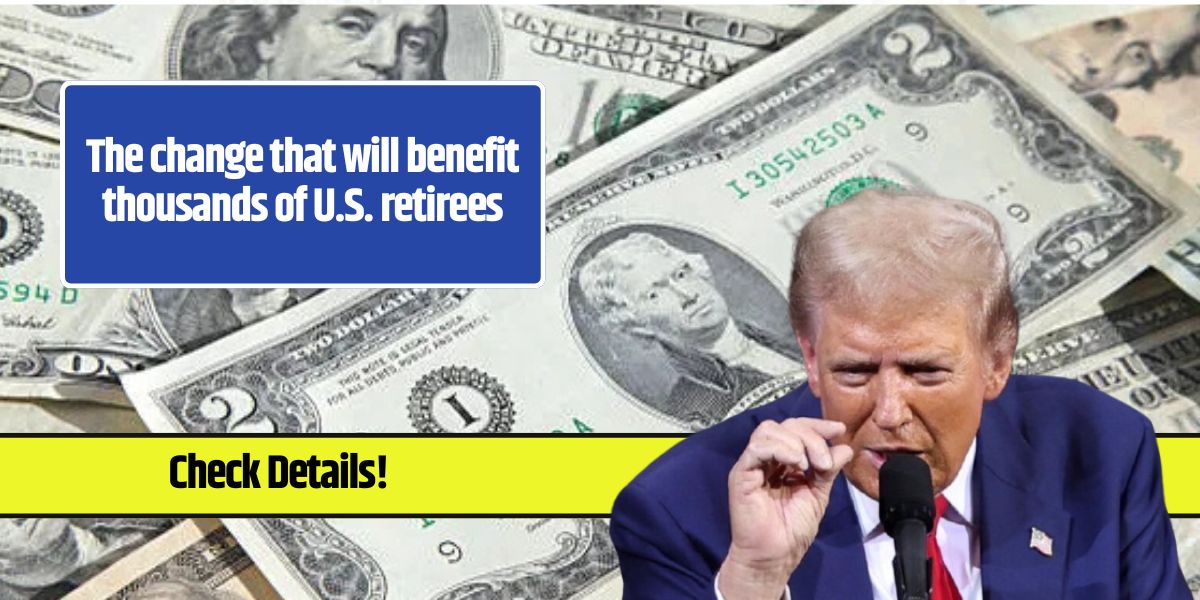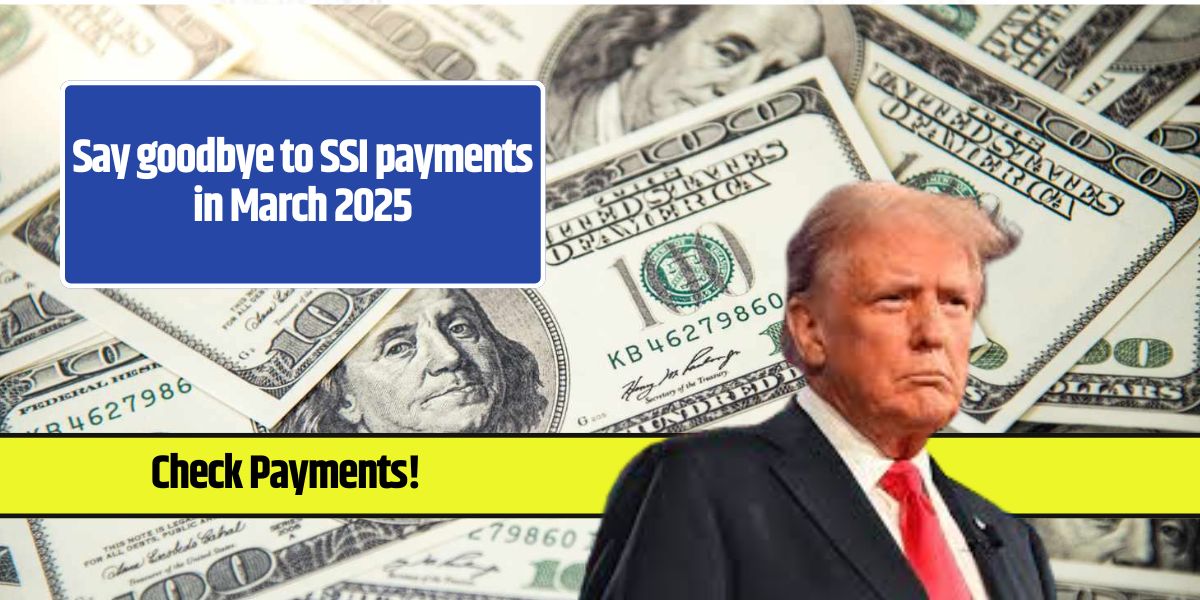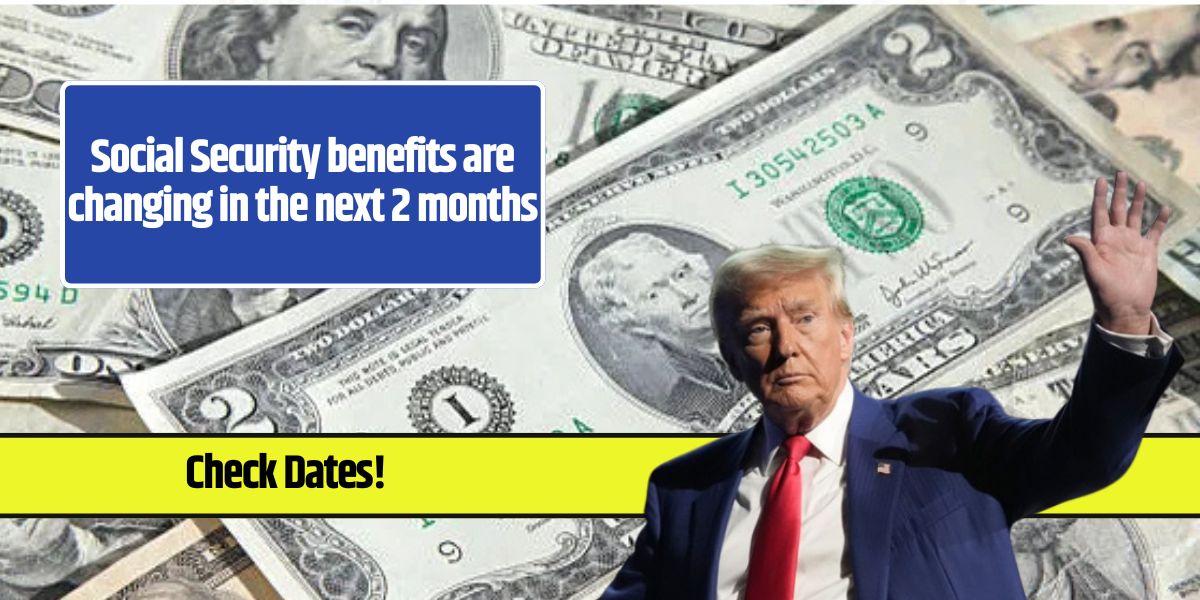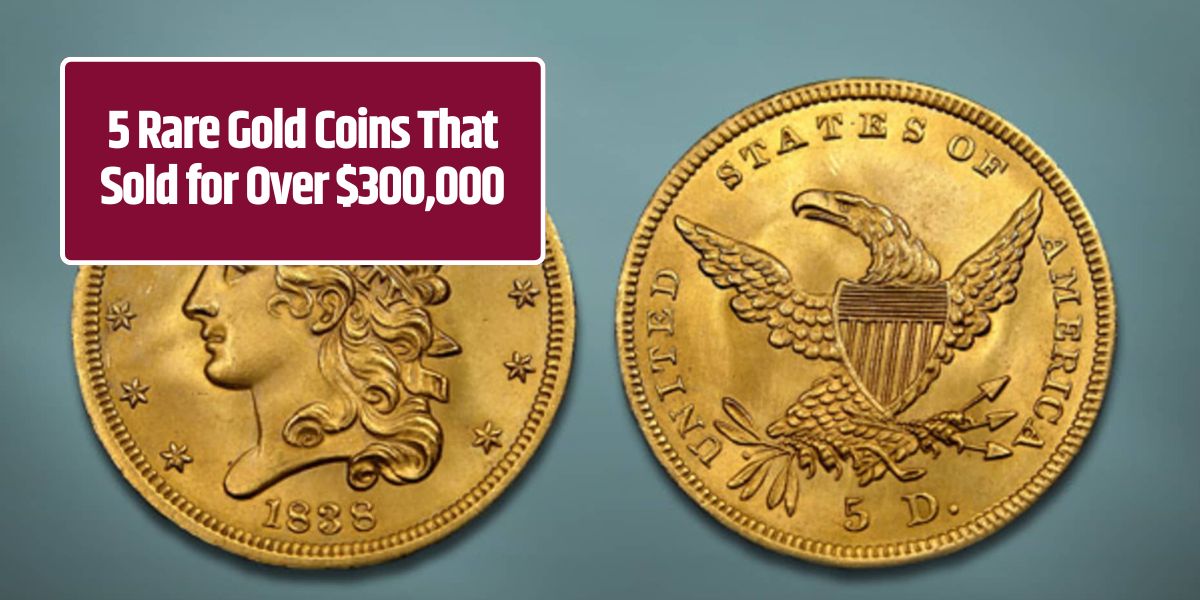Coin collecting offers a fascinating glimpse into history, and few coins capture American heritage as vividly as the 1976 Bicentennial Quarter. Designed to celebrate the 200th anniversary of American independence, this unique quarter features a distinct reverse image: a drummer boy, symbolizing the Revolutionary War spirit. While millions of these coins were minted for general use, certain rarities and errors have turned specific versions into prized collectibles. Some of these coins are valued at astonishing sums, with rare types fetching prices that elevate them to legendary status among collectors. Here’s a look at the different types of Bicentennial Quarters that might just be worth a fortune.
Silver Bicentennial Quarter
The silver Bicentennial Quarter, with 40% silver content, was released as part of a special set for collectors. These silver quarters have higher intrinsic value than their standard copper-nickel counterparts due to their precious metal content. Uncirculated silver Bicentennial Quarters in flawless condition can command notable premiums in the coin market. A high-grade silver quarter could sell for anywhere from $100 to $1,500, depending on its condition and rarity.
Clad Bicentennial Quarter Errors
Aside from the silver version, most Bicentennial Quarters were minted in a clad composition (copper-nickel). However, error coins in this group have become particularly valuable due to their unique mistakes during the minting process. Error variations include off-center strikes, double die errors, and missing design elements, all of which make the coins highly collectible. One of the most exceptional errors, a “die break,” has even seen valuations reach astonishing highs—rumored to be as much as $540 million, though actual sales figures vary.
Common Clad Errors and Their Value
| Error Type | Value Range | Description |
|---|---|---|
| Off-Center Strike | $500 – $5,000 | Misalignment of design elements |
| Double Die Error | $1,000 – $2,000 | Doubling of image or text |
| Die Break | Up to $540 million* | Fragmented design due to breakage |
*Rumored valuations for severe die breaks may reach high numbers, though sales are rare.
Proof Bicentennial Quarter
Proof coins are specially crafted for collectors, with polished dies and a distinctive mirror-like finish. Bicentennial Proof Quarters, particularly those minted in silver, are highly sought after due to their exceptional quality. Silver proof versions in pristine, unworn condition are some of the most coveted, with values reaching between $200 and $2,000 depending on the grade. The limited minting of proof coins also makes them rarer than general circulation quarters, adding to their appeal for serious collectors.
High-Grade MS-67 Bicentennial Quarter
Grading plays a critical role in the value of any collectible coin, and for Bicentennial Quarters, achieving a Mint State (MS) grade of 67 or higher is extremely rare. An MS-67 grade indicates a coin is in near-perfect condition, with no noticeable flaws even under magnification. High-grade Bicentennial Quarters can fetch impressive sums, with prices ranging from $1,000 to $10,000. Coins in such pristine condition are incredibly rare, as many quarters circulated widely before being recognized for their collectible value.
| Feature | Type | Value Range | Notable Error | Year of Minting |
|---|---|---|---|---|
| Composition | Silver | $100 – $1,500 | Off-Center Strike | 1976 |
| Finish | Proof | $200 – $2,000 | Double Die Obverse | 1976 |
| Grade | MS-67 | $1,000 – $10,000 | None | 1976 |
| Error | Clad Error | $500 – $540 million* | Die Break | 1976 |
*Rumored valuations for rare errors; actual sales vary based on demand and rarity.
How to Identify a Valuable Bicentennial Quarter
- Check the Composition: Silver versions have a distinct value boost due to their metal content.
- Look for Errors: Errors like double die, off-center strikes, or die breaks indicate significant collector interest and value.
- Consider the Finish: Proof coins, especially in silver, are typically more valuable than their standard counterparts.
- Examine Condition: High grades such as MS-67 or higher will significantly enhance a quarter’s worth.
Even if a Bicentennial Quarter looks like ordinary change, finding one with rare qualities could lead to a remarkable financial reward.
Why is the Bicentennial Quarter so valuable?
While most Bicentennial Quarters aren’t rare, certain versions with unique features, minting errors, or high grades are valued by collectors and can command high prices.
How do I know if my Bicentennial Quarter is silver?
Silver Bicentennial Quarters were part of special collector sets and have a 40% silver content. You can check the coin’s edge—if it lacks the copper strip of clad quarters, it may be silver.
What is a double die error?
A double die error occurs when a coin’s design is doubled due to a mistake in the minting process, resulting in overlapping images or text. This error significantly increases a coin’s collectible value.

